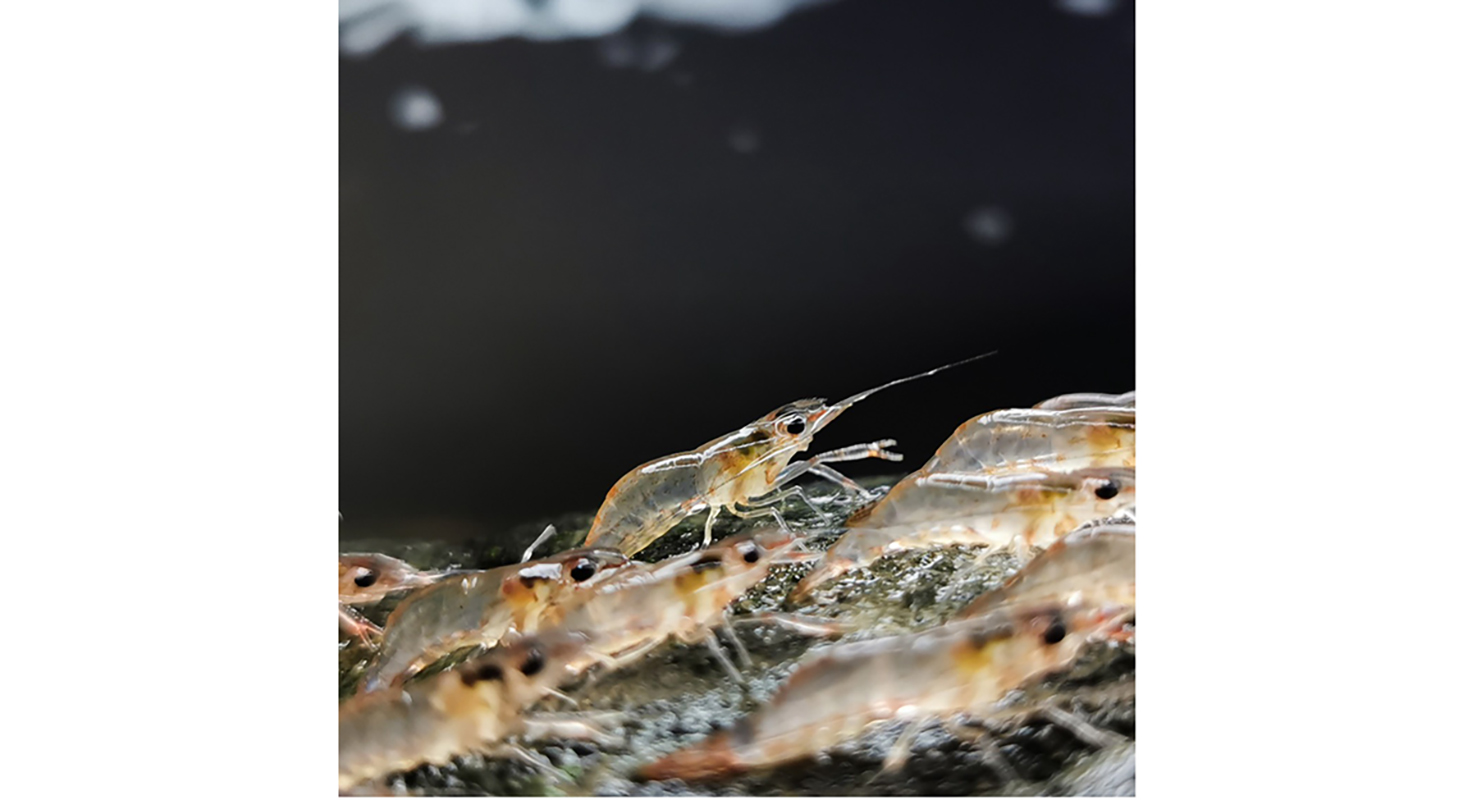E&E Seminar: Bridging ethology and ecotourism: A case study of Shrimp Watching tourism in Thailand
Ethological studies not only shed light on how and why animals engage in extraordinary behaviours but also offer opportunities to understand how human activities disturb wildlife in the Anthropocene.
Speakers
Event series
Content navigation
Description

Ethological studies not only shed light on how and why animals engage in extraordinary behaviours but also offer opportunities to understand how human activities disturb wildlife in the Anthropocene. Ecotourism, a growing global industry, is often seen as a tool for biodiversity conservation. However, without a solid foundation of scientific knowledge and effective management plans, ecotourism can exacerbate anthropogenic disturbances, ultimately degrading biodiversity at key sites.
In Ubon Ratchathani, Thailand, locals have identified a unique migratory behaviour of freshwater shrimp, referred to as "Parading Behaviour." This remarkable upstream migration involves hundreds of thousands of shrimps leaving the water to walk on land toward the headwaters. The phenomenon has gained public attention, and "Shrimp Watching" has become a popular tourist attraction in Ubon Ratchathani. Despite its striking nature, this behaviour remains poorly understood. Preliminary evidence suggests that tourism activities, particularly the presence of artificial light, may disturb the shrimp during their migration. However, our knowledge of the biology of these shrimps and the extent of anthropogenic threats they face remains limited.
In this presentation, I will explain the proximate and ultimate causations of the parading behaviour. Then, I will share findings on how tourist activities affect this behaviour. Lastly, I will discuss how combining biological insights with perspectives from local communities, stakeholders, and tourists on parading shrimp can inform the development of a sustainable management plan for Shrimp Watching tourism.
Location
Please note: this seminar will be held in the Slatyer Rm and via Zoom, details are included below.
Slatyer Seminar Rm
Level 2, RN Robertson Building (46)
Please click the link below to join the webinar:
https://anu.zoom.us/j/87119928033?pwd=tlnEcvGwTAHbC3bCss7ApfbhJaRMqv.1
Passcode: 826001
Canberra time: please check your local time & date if you are watching from elsewhere.
